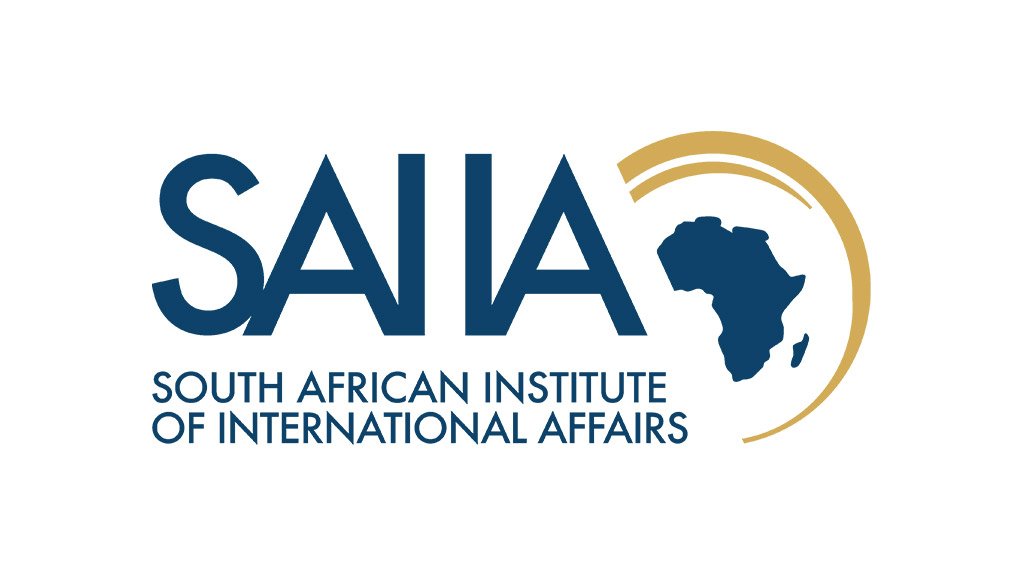A recent report highlights the urgent need for South Africa to implement reforms to combat state capture, reverse institutional decay, and restore confidence in the constitution. The biggest obstacle is the ruling African National Congress, which is beset by factional infighting.
On January 2, South Africans woke up to the news that the country’s parliament building was on fire. Just days later came the release of an 800-page report detailing rampant corruption and poor governance in South Africa. Then, several glass doors and windows were shattered at the Constitutional Court. It was an ominous start to the year for a country still mourning the loss of its “moral compass,” Archbishop Desmond Tutu.
The report – the first of three expected from the Judicial Commission of Inquiry into Allegations of State Capture, known as the Zondo Commission after its chairperson, Deputy Chief Justice Raymond Zondo – confirmed what was long suspected: State capture is rampant in South Africa. Systemic political corruption benefited the influential Gupta family, for example, as well as a range of facilitators in the country’s civil service and ministries.
The report reveals patterns of abuse at almost every stage of public procurement. When professionals in government departments or state-owned enterprises resisted, they were replaced with more compliant officials. In the commission’s view, South Africa needs an independent anti-corruption agency that can perform its functions without fear or favour.
South African President Cyril Ramaphosa, who campaigned on a promise to fight corruption and improve governance, has declared that the Zondo Commission’s findings should be used to help the country reform its institutions and hold those responsible to account. “We must ensure that we use [the findings] to safeguard these institutions into the future so that they may never be captured again,” Ramaphosa wrote in his weekly newsletter.
But statements from other members of the ruling party, the African National Congress, were not as resolute. Speaking to community and religious leaders in a rural province shortly after the release of the report, Deputy President David Mabuza was evasive on the steps government would take. “We are committed to do a thorough reflection, and we are going to change,” he said.
But “reflection” could fall short of accountability. ANC National Chairperson Gwede Mantashe has said that he opposes using the report to prosecute party leaders. The ANC’s stance, coupled with weakened state institutions, has led to scepticism about the government’s ability and will to act meaningfully on the report’s recommendations.
The mixed reactions to the commission’s report must be viewed in the context of the ANC’s internal battles. As the party prepares for its National Elective Conference in December, factional infighting is more pronounced than ever. Ramaphosa, who is expected to run for a second term as party leader, faces stiff competition from the Radical Economic Transformation faction, and will need to balance his political aspirations, the needs of the party, and the long-term interests of the country. It will be difficult to implement the recommendations of the report without doing permanent damage to the ANC’s reputation.
Moreover, South Africa’s constitutional democracy faces threats beyond the corruption revealed by the Zondo Commission. As the report notes: “State capture aggressively attacked a system which was already weakened by longstanding comorbidities,” including high levels of inequality, poverty, and unemployment.
Given this state of affairs, the events of early January, like the riots and looting last July, should come as no surprise. While they may not have been part of a coordinated effort to destabilize the country, they are clear symptoms of democratic decay.
Some have seemed to embrace the disease. In a recent commentary, Lindiwe Sisulu, the minister for tourism and a member of parliament since 1994, questioned the benefits of the “rule of law” and called the country’s constitution a “palliative” for the poor. Sisulu’s comments were denounced as a further attack on South Africa’s democratic institutions. But it is true that the political freedoms contained in the constitution were meant to be accompanied by measures to reduce economic inequality, which is the world’s highest. Twenty-eight years of democratic rule have brought negligible progress on this front.
The constitution represents a social contract among all South Africans. The democracy it envisions requires the support of ordinary citizens and political leaders alike. But the rights it guarantees depend largely on the state.
In February, South Africa faced a second assessment by the African Peer Review Mechanism, a voluntary arrangement established by African Union members, on the state of its governance. This evaluation suggested credible reforms, offering another opportunity to reflect on the serious problems that have come to light.
South Africa needs bold and decisive action to restore confidence in institutions like the National Prosecuting Authority, to professionalize the civil service, and to strengthen transparency norms. The constitution’s ideals must be put into practice. A good way to start would be to act conscientiously on the recommendations of the Inquiry into Allegations of State Capture.
Research by Cayley Clifford, South African Institute of International Affairs
EMAIL THIS ARTICLE SAVE THIS ARTICLE ARTICLE ENQUIRY
To subscribe email subscriptions@creamermedia.co.za or click here
To advertise email advertising@creamermedia.co.za or click here











